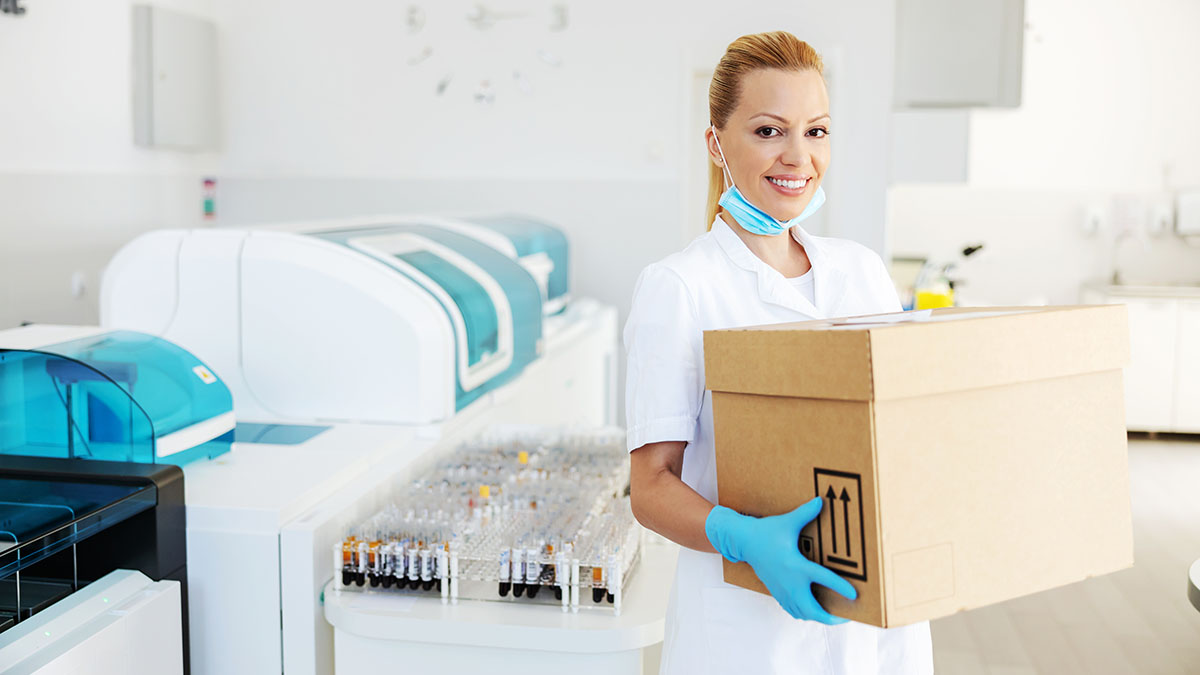Lab Relocation: 4 Lessons Learned the Hard Way
Regardless if you are moving one instrument across a campus or 100 instruments across the globe, relocating your lab is never an easy task. We’ve seen it firsthand – poor planning, limited time, and mismanagement can result in a disastrous move.
Learn from the mistakes other labs have made before you manage your next lab relocation:
EXAMPLE 1
The Move
An office-moving company was hired to move a mass spectrometer across the country to a new lab. Unfortunately, their lack of experience in packing and moving scientific instruments resulted in irreversible damage to the equipment – and risking the warranty.
The Lesson
Make sure the people relocating your lab have actual expertise on how to correctly handle sensitive life science equipment. For example, instruments need to be properly decommissioned, as well as carefully prepared and packed per manufacturer’s recommendation to prevent the instrument from breaking in transit.
EXAMPLE 2
The Move
In this case, a large pharmaceutical lab worked with:
- PerkinElmer
- A third-party logistics company
- Their own in-house shipping and receiving team…… to move 2,000 instruments approximately 3,000 miles. During the move, a blood pressure and urine processor was lost and never found.
The Lesson
When you move, it’s crucial to have one party responsible for the full chain of custody. Plus, using radio-frequency identification (RFID) tagging to monitor your instruments instead of taking the manual approach helps reduce the risk of losing your equipment.
EXAMPLE 3
The Move
At one lab, an internal contractor hired an outside mover to transfer a stability table to a new location just yards away. Inexperienced with safety procedures, he accidentally severed his finger as the elevator shifted slightly under the weight of the table.
The Lesson
When you’re relocating your lab, it’s imperative that you choose someone with knowledge and experience, especially when it comes to safety.
EXAMPLE 4
The Move
When a medical instrument needed to be transported from a lab in the United States to one in Africa, an outside moving company was hired. Unfortunately, the company didn’t have proper experience with international moves, and the instrument was stolen and sold.
The Lesson
Since dealing with international relocations are even more complicated than local ones, it’s important to rely on a service that’s familiar with local delivery customs and risks associated with moving instruments to areas of political unrest.
Bottom line, to reduce risk and ensure a successful, smooth relocation, it’s smart and cost effective to partner with a proven lab relocation specialist company.
READ MORE about lab relocations gone wrong and what you can do to ensure your success.

